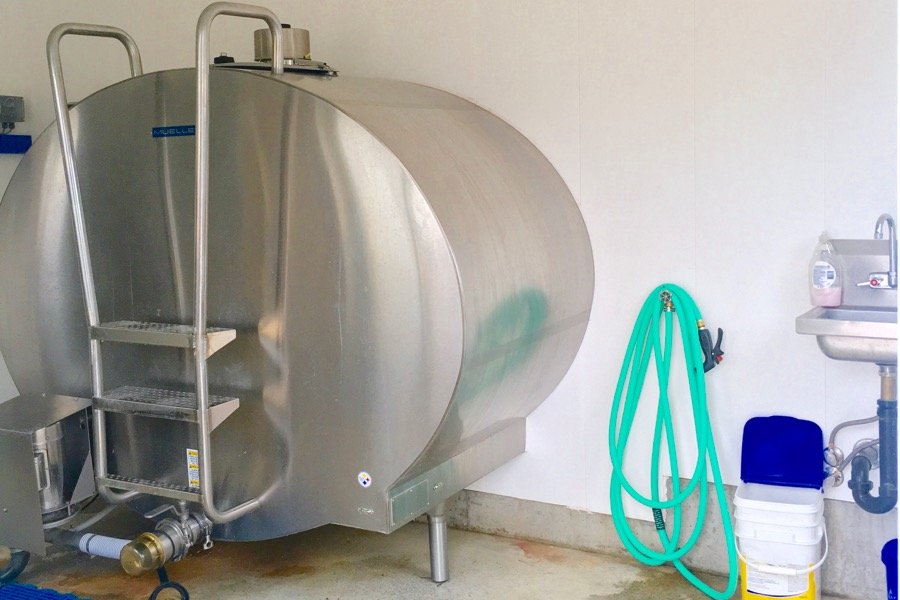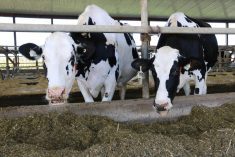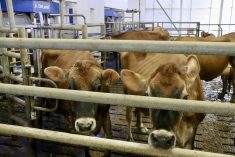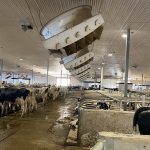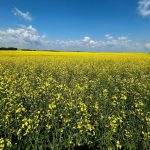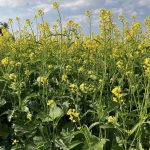New additions to Gerrit Herrema’s dairy barn have made it easier for his family to abide by recent directions to avoid contact with milk truck drivers to reduce COVID-19’s spread.
“We have boot washes and other biosecurity measures in the barn. We need to take these measures in order to minimize the damage,” said Herrema, who farms near Uxbridge, Ont.
Why it matters: The dairy sector has regular visits from off-farm suppliers, so steps have had to be taken to maintain distance and reduce risk from the COVID-19 coronavirus.
Read Also
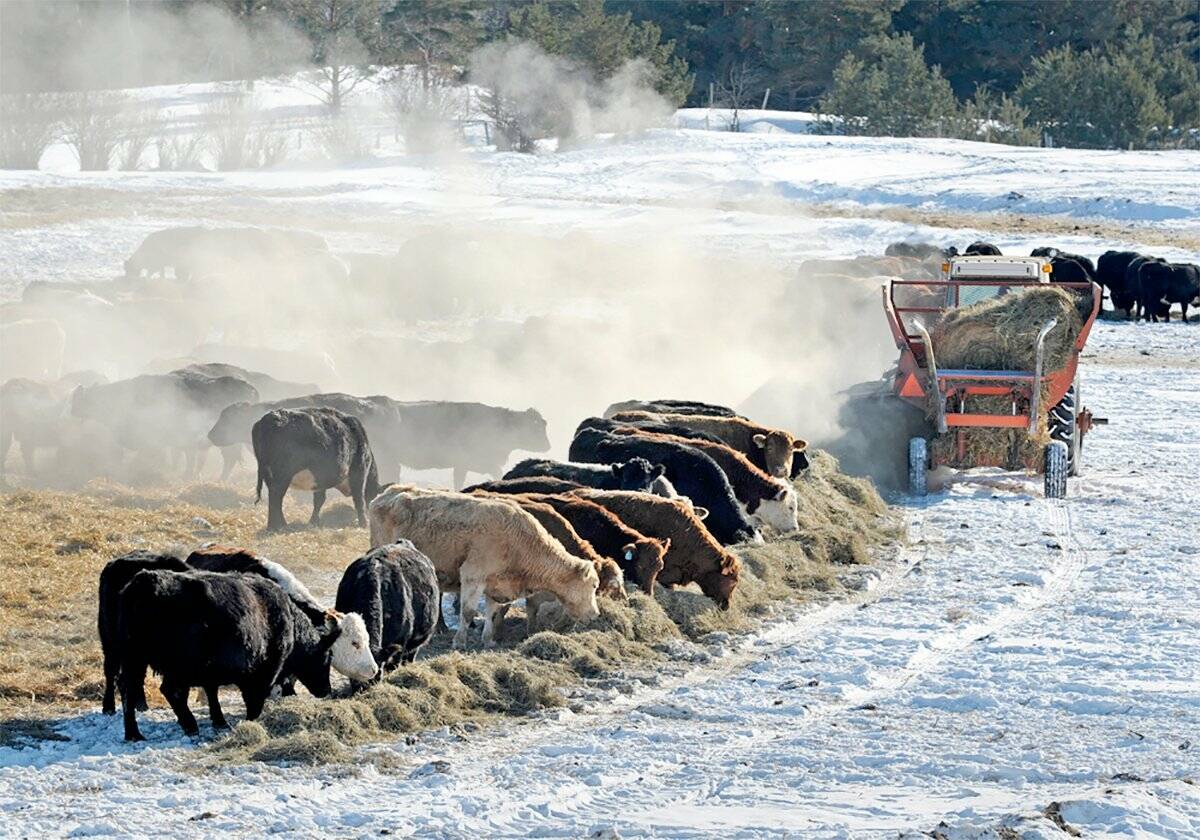
Klassen: Feeder Cattle Market Waits For Direction
For the week ending January 31, Western Canadian feeder markets were relatively unchanged from seven days earlier. Adverse weather in…
Building a tank room encompassing only the front of the milk tank, the lid and valve has helped to limit the Herrema farm’s contact with the truck driver.
“When we built the barn we decided to have that room so it can be that the milk trucker is the only one to use it.”
Dairy Farmers of Ontario (DFO) has suspended proAction validations until April 30 and has asked producers to limit contact with milk truck drivers.
Holstein Canada has suspended all on-farm services, including classifications, proAction animal care assessments and any regular field services.
“The organization is moving quickly to respond and adapt to the current situation. We are committed to the continued delivery of high-quality milk and the health and safety of our employees, dairy producers and their families, and milk truck drivers,” DFO chair Murray Sherk said in a statement.
Holstein Canada’s decision, made March 17, has affected producers in every province.
“We have staff in British Columbia, Saskatchewan, Atlantic Canada, Ontario and Quebec all having to go home,” said Brad Eggink, manager of classification and field services for Holstein Canada.
Holstein Canada is hoping to have the suspension lifted April 3, with field staff heading back to work on April 6.
The Ontario and Quebec governments “have ordered that all non-essential businesses remain closed for the next two weeks,” Eggink said Tuesday in an interview.
Of course, this may change as Holstein Canada is basing the decision on government rules, which change on a daily basis.
Dairy producers across the country have been appreciative of Holstein Canada’s leadership in decision making during this uncertain time, Eggink said.
Lactanet — formed last summer as a new entity encompassing CanWestDHI, Valacta and the Canadian Dairy Network — announced as of Wednesday it would not be offering any on-farm services, including sample pick up or data collection, for two weeks. Its Guelph laboratory and offices are also closed.
Customer services desk and DairyComp support will be available from employees working from home, CEO Neil Petreny said in a letter.
Feed blends
The Herrema farm, meanwhile, has also provided soap for the truck driver to use if needed — but Herrema has noticed drivers wearing disposable gloves and doing their part to minimize contact.
It’s important for producers to respect the request of DFO to maintain distance from the drivers, he said.
“These guys are shipping our product, we need to respect that in order to maintain safe quality milk. To ensure the driver safety is of utmost importance (and) we need to take every precaution we can.”
When completing day-to-day tasks, Herrema said, he doesn’t feel affected by changes imposed by the government to limit the COVID-19 coronavirus’ spread — but he’s being cautious on the feed aspect of the business.
“There are ethanol plants that have decided to potentially shut down because of the low price of gasoline. It’s going to change our feed blends a little bit.”
As well, feed test lab shutdowns can have a negative affect on his business.
“In case we get a problem on the farm and need to find out whether it is because of the feed, or if we change rations and need to adjust our ingredient list (a lab shutdown) would be an impact on us for sure.”
Currently there are no supplier visits to farms, so all consulting has been done over the phone — and Herrema said all suppliers have been great through this period.
— Jennifer Glenney is a reporter for Farmtario.


